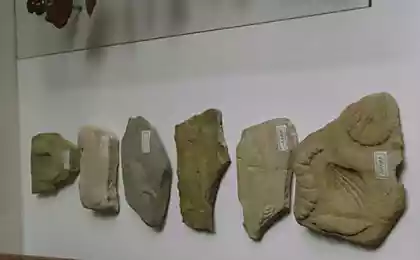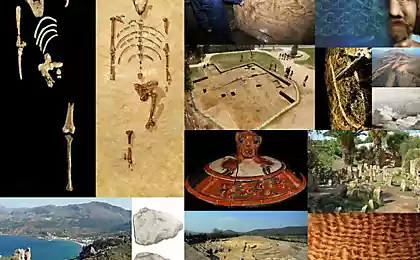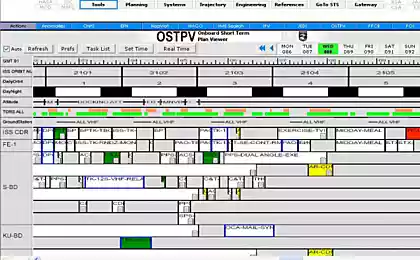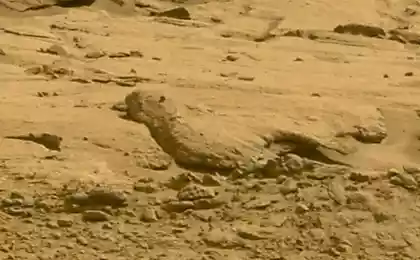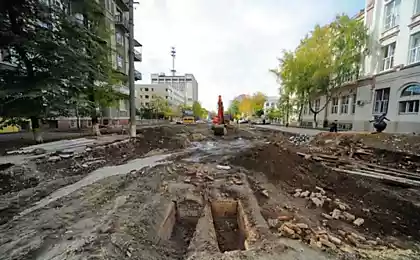995
Strange finds ancient European city
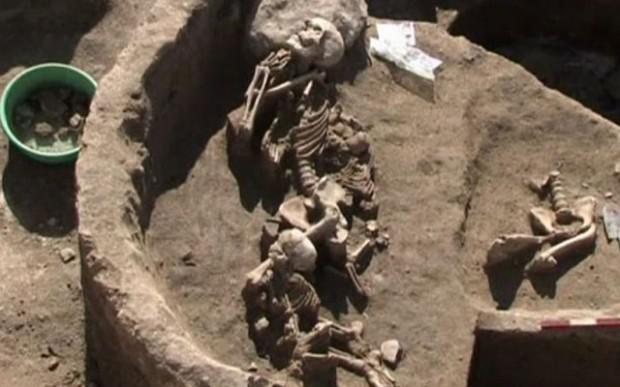
Residents of the city, which is considered the oldest in Europe, seems to be quartered their dead and buried them in strange positions, as reported recently by archeologists. Not so long ago discovered by the ancient settlement existed around 4700 BC near the Bulgarian town of Provadia, near the Black Sea coast.
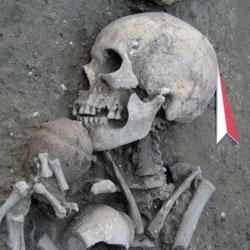
Archeology professor Vassil Nikolov, who led the excavations, drew attention to the city and its necropolis, where he found a strange and complex burial rituals. "Today we can say that Provadia with its salt mines - the oldest city in Europe: the settlement dates back to 4700-4200 years BC," - he said. While scientists can not say for sure why some of the bodies were divided into 2 parts and buried her hips up. Archaeologists have found evidence that some of the residents of these areas have been extracting salt rich. Professor Nikolov also said that 300-350 residents of the town were living in two-storey houses and make a living that was mined in the vicinity of salt, which was a very important product in the ancient world and highly tsenilas.
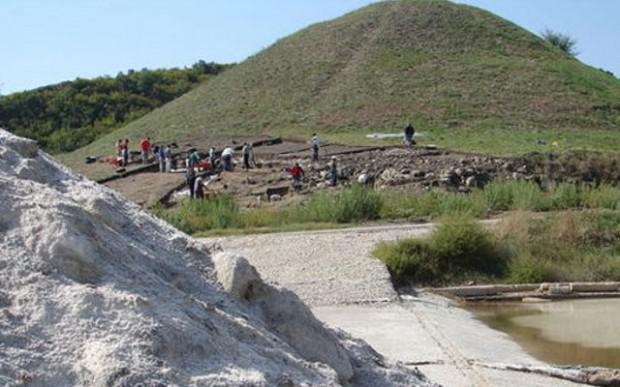
"Salt water evaporated using different techniques in ceramic pots - said Professor Nikolov. - Produced salt is used as money because it is a necessary product for humans and animals. " The nearby town of Provadia salt remains an important center for this day, in the extraction of salt invested a lot of foreign capital. In ancient times, these places were the only ones in the Balkans, which produced sol.
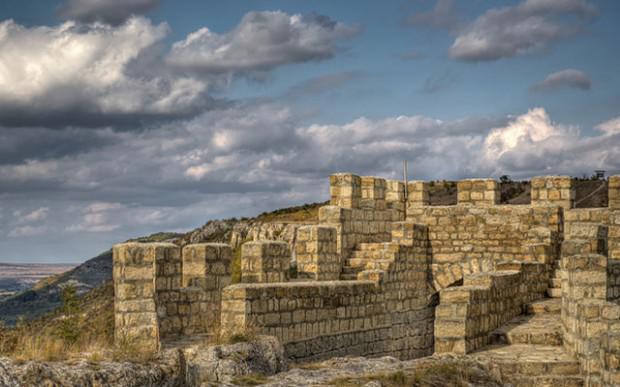
To protect the wealth of the city was surrounded by stone walls 3 meters high and 2 meters thick, so historians believe that it was the most powerful strengthening of Europe at that time. Other finds show that already 7000 years ago the inhabitants of the city had a class sistemu.
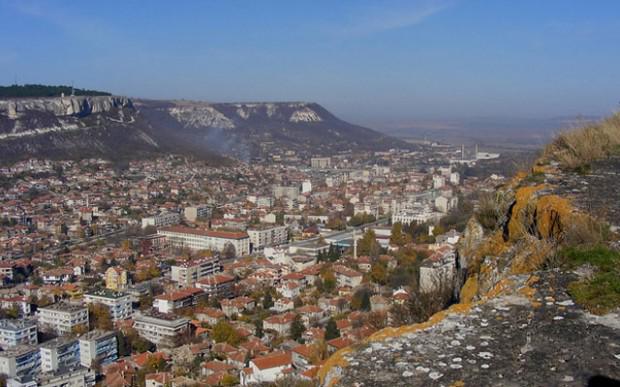
Spiral copper needles for hair found in some graves suggest that there were two classes, one of which is a higher social status. The scientists also believe that women wore bun hairstyle.
Source: www.infoniac.ru/news/Strannye-nahodki-drevneishego-evropeiskogo-goroda.html








